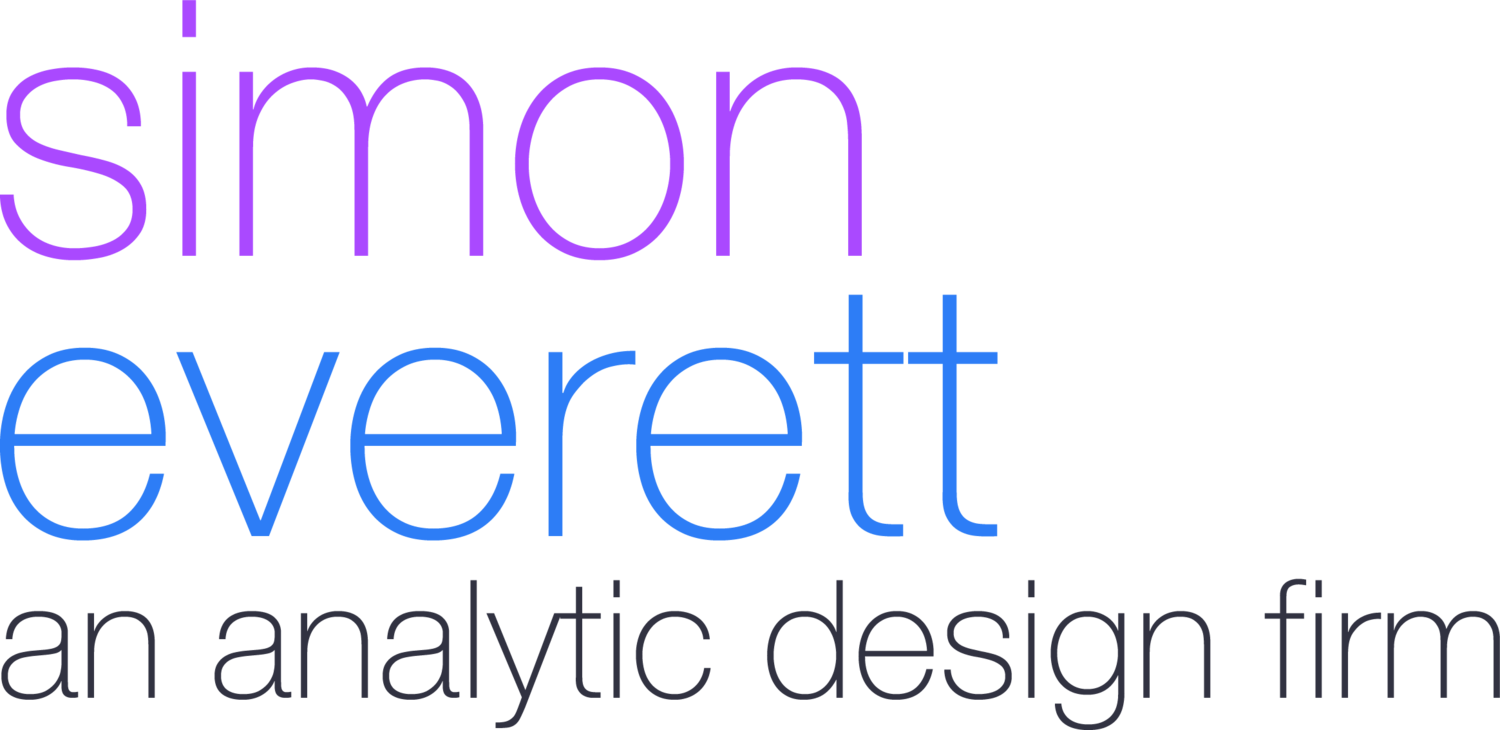Attack of the (business challenge) clones
Over the last three years, we’ve provided strategic planning services to over 45 businesses in the defense supply chain, helping them decrease their reliance on federal monies and improving their medium- and long-term resilience. Despite working with an extremely diverse range of companies (including manufacturers, IT firms, and process consultancies), we’ve noticed a number of shared challenges. Leadership in small to medium-sized businesses, regardless of location or industry, may well relate to these:
Common differentiators
Saying that you care about your customers is not unique, it’s a given. In order to truly differentiate your company, you have to identify the elements of your value proposition that are actually different. For teams seeking to make “customer care” a corporate strength, explore ways to do this through your service or product delivery — not through communications that have minimal impact at best, and ring hollow at worst.
On the inside looking in
Regardless of what industry you operate in, you (and your team) don’t lack for expertise in your sector. You know your market, your supply chain, and your customer’s pain points. So how can an external team help you? By helping you tackle knotty strategic problems in an objective manner, properly informed by your domain expertise. The outside perspective can help to validate or challenge prevailing views, make the case for hard decisions, explore alternative approaches, or uncover assumptions that you didn’t even know you had.
No why = no what
Most professionals can say “what” they do, even if the explanation is too complicated for the layperson. But when asked “why” they do what they do, many struggle. Being unable to answer that question has knock-on effects; when you can’t articulate your “why,” how can the same be expected of your staff and employees? Leaving this question blank also often makes branding and marketing difficult or uninspired.
These are problems that some business owners may see as inconsequential; “we may have the same marketing as our competitors, and as a company we haven’t internalized our ‘why,’ but we deliver on our work.” While ignoring these types of issues isn’t harmful in the short-term, businesses will find it difficult to grow at scale without addressing them. Our clients are proof positive that honest, straightforward strategic planning can set a company on a better path towards predictable and sustainable growth.
